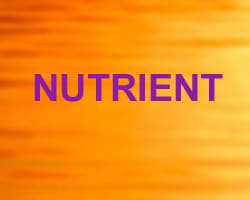
The antioxidant resveratrol first received attention in 1992 when it was attributed to the cardio-protective effects of wine. Since then, numerous published clinical studies have shown its beneficial effects on health and longevity. Today, resveratrol is available in a different type of bottle as a popular nutritional supplement.
Touted as one of the main reasons for the perplexing French Paradox – the observation that the French suffer a comparatively low incidence of heart disease despite having a diet rich in saturated fat – resveratrol gives many of us an excuse to enjoy a glass of red wine now and then. Wine is not the sole source of resveratrol, however. It is also found in grapes and peanuts. The levels of resveratrol found in food vary greatly. Red wine is fermented with its skins, allowing for better absorption of resveratrol into the wine. Depending on the grape, a glass of red wine provides between 0.2 and 5.8 mg/L. White wine contains much less. Peanuts are a good source but often provide much less resveratrol than red wine.
Resveratrol supplements are much more concentrated than food sources and are often derived from mulberry fruit or from the roots of Japanese knotweed, which contain up to 187 mg/kg in the dried root.
Some companies offer resveratrol in a liquid form or through a transdermal patch (like a nicotine patch). The most effective dosage of resveratrol for humans is still to be determined.
| Beverage | Total resveratrol in a 5 ounce glass (mg) |
| Red Wine | 0.29 – 1.89 |
| Red Grape Juice | 0.17 – 1.30 |
| Rose Wine | 0.06 – 0.53 |
| Pinot Noir | 0.06 – 0.30 |
| White Wines | 0.01 – 0.27 |
| Food | Total resveratrol (mg) in 1 cup |
| Peanuts (raw) | 0.01 – 0.26 |
| Peanuts (boiled) | 0.32 – 1.28 |
| Peanut Butter | 0.04 – 0.13 |
| Red Grapes | 0.24 – 1.25 |




